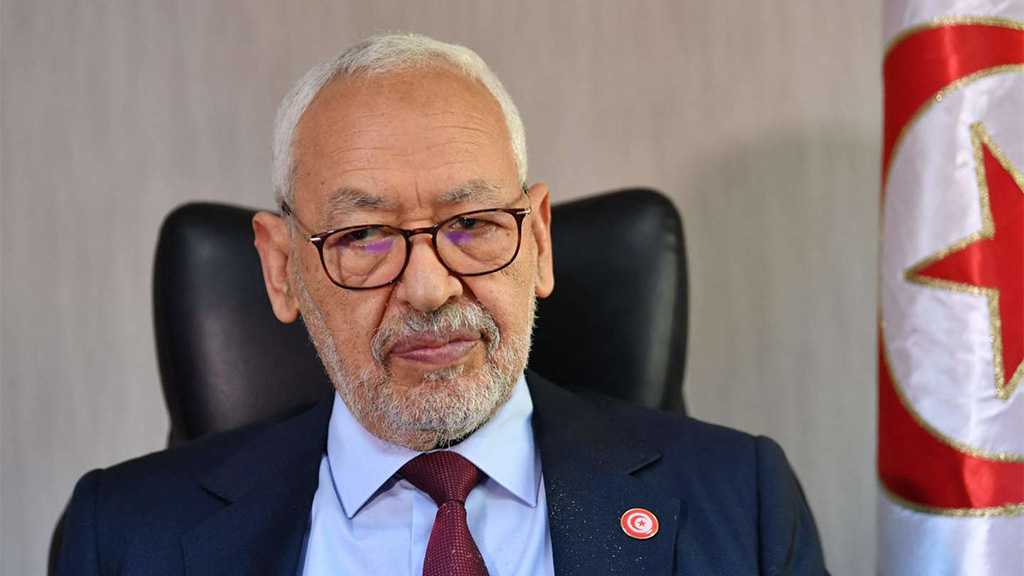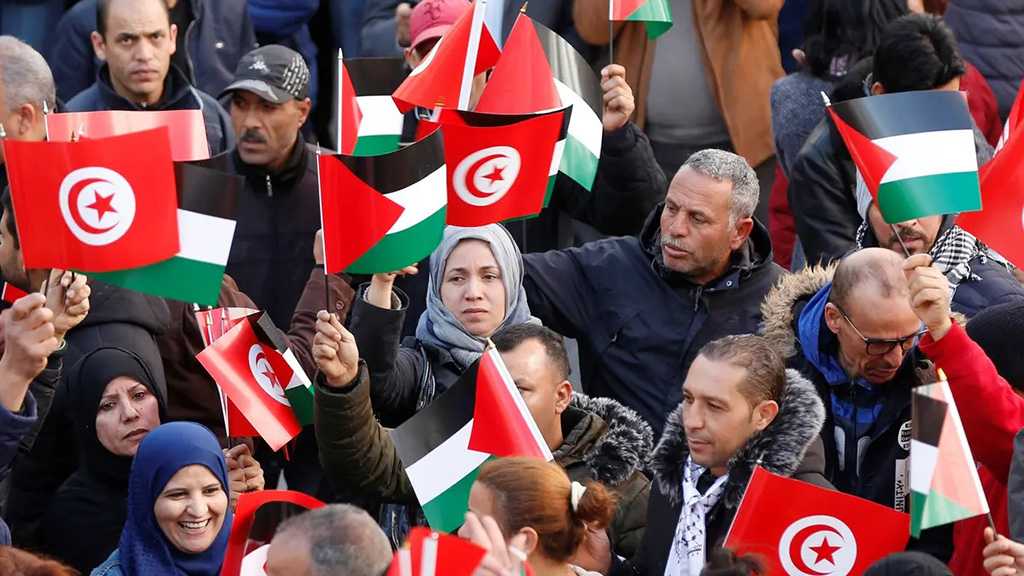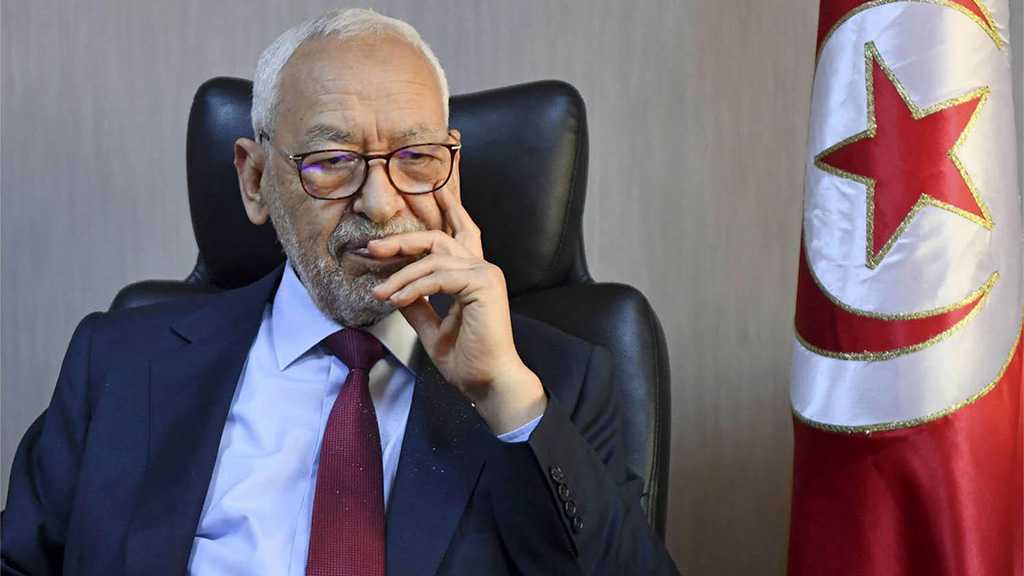
Tunisia to Begin Vote on New Constitution
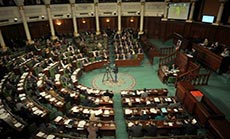
Local Editor
Tunisia's National Constituent Assembly is to begin voting on the future constitution Friday, three years after the country's popular uprising and after five months of deadlock between the ruling an-Nahda and opposition.
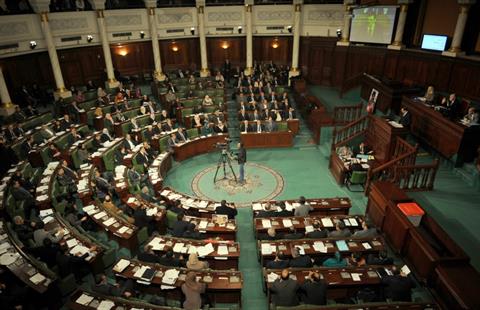
Revisions added after intense last-minute negotiations, a final draft had yet to be circulated two days before the scheduled scrutiny of the long-delayed charter, which is to be voted on article by article.
An-Nahda, the ruling party, said the text that was completed in June but rejected by the opposition would be submitted to MPs and would have an index detailing the revisions it thrashed out with the opposition in December.
"The compromises reached have not been integrated into the draft and separate articles can still be added ... So we are not safe from last-minute surprises, on a religious amendment for example," warned opposition MP Nadia Chaabane.
Chaabane said the sudden rush to adopt the constitution would result in "a very tight schedule, and therefore something which is not great from the point of view of its form."
"It's a shame that what will be a foundational text for several generations is not very carefully drafted."
The deadline for adopting the new constitution, which has been a work in progress for over two years, has been set for Jan. 14, the third anniversary of the revolution that ousted autocrat Zine al-Abidine Ben Ali.
Lawmakers must examine a text that includes about 150 articles and 225 proposed amendments, with each requiring endorsement by a majority of MPs. The constitution itself must then be approved by two thirds of the assembly's 217 elected members or put to a referendum.
One of the key outstanding issues is the power retained by the national assembly up until the next elections, whose date has yet to be determined, with an-Nahda, who hold the largest number of seats, insisting they should be able to legislate.
Other contentious topics, notably the prerogatives of the head of state in a country that recently emerged from five decades of dictatorship, appear to have been resolved.
Parliamentary Speaker Mustapha Ben Jaafar.
"The debates on certain thorny issues were difficult, but the compromises reached in recent weeks have restored trust among MPs after the crisis triggered by the murder of the MP Mohammad Brahmi on July 25."
The killing of Brahmi has paralyzed political life in Tunisia.
Source: News Agencies, Edited by website team
Comments
- Related News
